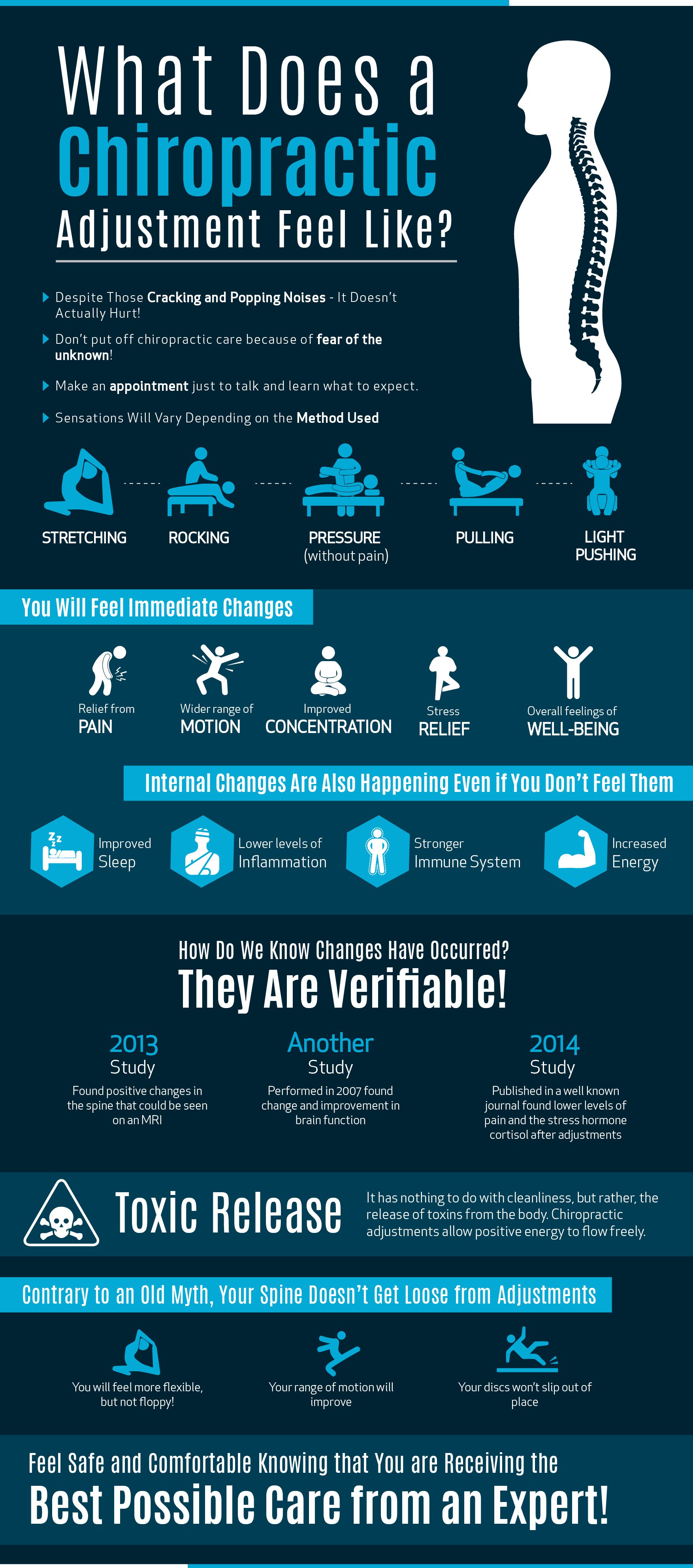Understanding Nourishment'S Function In Back Pain Monitoring: Beneficial Foods And Foods To Prevent
Understanding Nourishment'S Function In Back Pain Monitoring: Beneficial Foods And Foods To Prevent
Blog Article
Material By-Cochrane Lockhart
When it involves handling your neck and back pain, the food choices you make can considerably influence just how you really feel on a daily basis. Visualize having the ability to reduce your pain just by readjusting what you eat. By recognizing the duty of nutrition in back pain monitoring and recognizing which foods to include or stay away from, you can take aggressive actions in the direction of a healthier and much more comfortable way of life. The link between nutrition and back wellness is extra extensive than you might realize-- allow's discover just how certain foods can either soothe or exacerbate your pain in the back.
Importance of Nourishment in Back Pain
Nourishment plays an essential role in managing pain in the back. Your diet can substantially influence inflammation levels and general discomfort degrees in your back. Consuming a well balanced diet plan abundant in nutrients like vitamins D and K, calcium, magnesium, and omega-3 fatty acids can help reduce swelling and strengthen bones, which are essential for back health and wellness.
In addition, preserving a healthy weight via appropriate nourishment can minimize stress on your back, decreasing the threat of pain in the back.
Additionally, certain nutrients like anti-oxidants discovered in fruits and vegetables can assist combat oxidative stress and anxiety and promote healing in the body, including the back muscles and spine.
On the other hand, consuming too much amounts of refined foods, sweet beverages, and undesirable fats can contribute to swelling and weight gain, intensifying back pain.
Foods to Eat for Back Wellness
To support a healthy back, incorporating nutrient-rich foods right into your everyday meals is key. Including https://johnathannhcvq.weblogco.com/30343566/client-point-of-views-genuine-stories-highlighting-the-favorable-impacts-of-chiropractic-care-on-lifestyle in anti-oxidants like berries, spinach, and kale can help reduce swelling in your back, relieving pain and pain. Omega-3 fats located in fatty fish such as salmon and mackerel have anti-inflammatory properties that can benefit your back wellness.
In addition, eating nuts and seeds like almonds, walnuts, and chia seeds offers essential nutrients like magnesium and vitamin E, which sustain muscular tissue function and minimize oxidative anxiety. Including y-strap chiropractic adjustment near me as hen, turkey, and tofu can aid in muscle repair service and maintenance, advertising a solid back.
Don't neglect to include milk or strengthened plant-based alternatives for calcium to support bone health and wellness. Finally, moisturize with lots of water to keep your spine discs moistened and working efficiently. By consisting of these nutrient-dense foods in your diet plan, you can nourish your back and support total spine wellness.
Foods to Prevent for Neck And Back Pain
Select staying clear of refined foods high in sugarcoated and trans fats when seeking relief from pain in the back. These sorts of foods can contribute to inflammation in the body, which may worsen back pain. Say no to https://car-accident-doctor-near40617.blog4youth.com/30832633/make-use-of-the-life-altering-influence-of-chiropractic-treatment-by-including-inspiring-patient-accounts-that-illustrate-its-transformative-benefits like candy, pastries, and sugary beverages, along with junk food products like burgers, french fries, and fried chicken that are commonly filled with trans fats.
Furthermore, steer clear of foods consisting of high degrees of refined carbohydrates, such as white bread, pasta, and pastries, as they can surge blood glucose degrees and possibly worsen swelling in the body.
It's likewise smart to restrict your consumption of foods high in saturated fats, like red meat and full-fat dairy products, as they can add to inflammation. Processed foods like deli meats, chips, and packaged snacks are frequently high in hydrogenated fats and should be eaten in small amounts.
Conclusion
Finally, focusing on your diet regimen and making clever food options can have a significant impact on handling pain in the back. By incorporating nutrient-rich foods like berries, fatty fish, nuts, and lean proteins, and staying clear of refined and sweet items, you can help reduce inflammation and support overall back health. Keep in mind, what you consume plays an essential function in just how you feel, so see to it to prioritize your nourishment for a healthier back.
